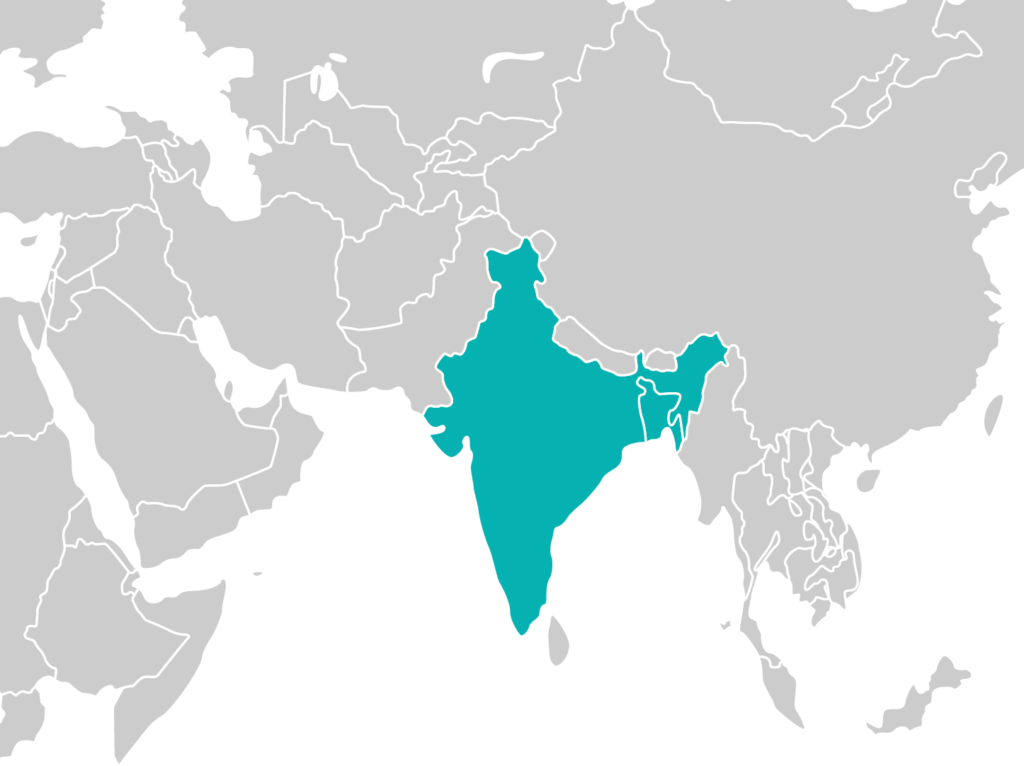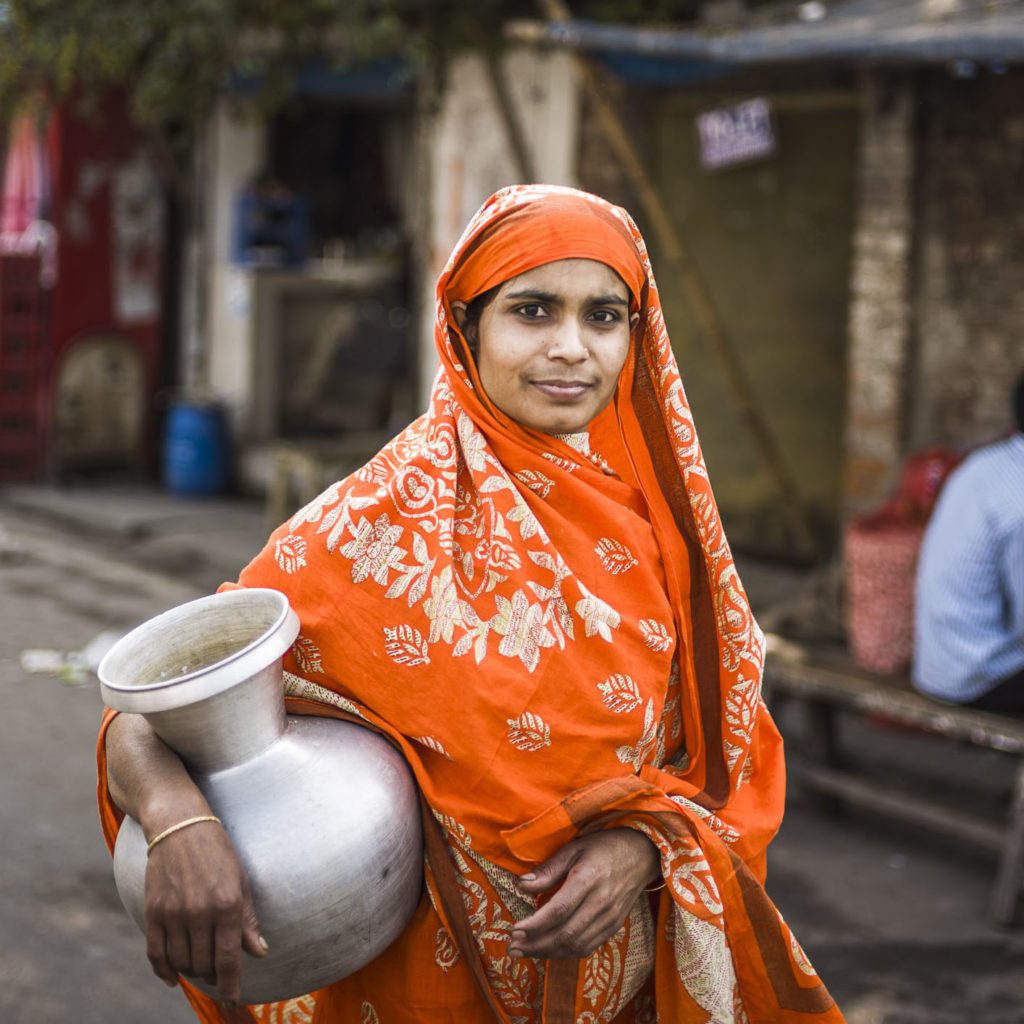
Drinkwell is also operating in India

Minhaj Chowdhury, an American Fulbright scholar, was visiting his family in Bangladesh every summer and soon realized that access to safe drinking water was a grave issue across the country.
Because of geological reasons, the water in Bangladesh is contaminated with arsenic, a tasteless contaminant that is causing major health problems in the long run.
Turning down a professional career in the US, Minhaj decided to create Drinkwell, a technology-driven social enterprise that powers water infrastructure in Bangladesh and India. Through a public-private partnership with the water utility in Dhaka, the capital city of Bangladesh, Drinkwell has already opened more than 200 water kiosks in the most densely populated areas of this city, where 4 million people live without access to safe water. Other cities of Bangladesh are now following and new kiosks are being opened.
kiosks in Bangladesh
jobs created
Ambition: 500 kiosks by 2022

Garment worker, Dhaka, Bangladesh
“Just one day after my wedding, my husband and I packed our belongings into a small bag and left everything. Our destination in search for a better future was Dhaka, the capital city. I found a job in a garment’s factory, and my husband as a rickshaw puller. As our incomes are not regular nor high enough to afford to rent an apartment, together with our two beautiful children we live in the slum.
In the centre of the slum is a water pump where some of the residents get water for everyday needs, like drinking, cooking and washing. But this water is not suitable for drinking, there’s bacteria and iron in the water, which is a big problem in Bangladesh. I am not using water from the slum anymore, since there is safe drinking water available near the community. Every morning I go to the DrinkWell water kiosk to collect safe drinking water.
I know that this water is safe and the price is acceptable, even for our budget. The change is really big for our health. My kids do not miss school anymore and with my husband we can work more regularly. I see a huge impact that access to safe water has on our daily lives.”